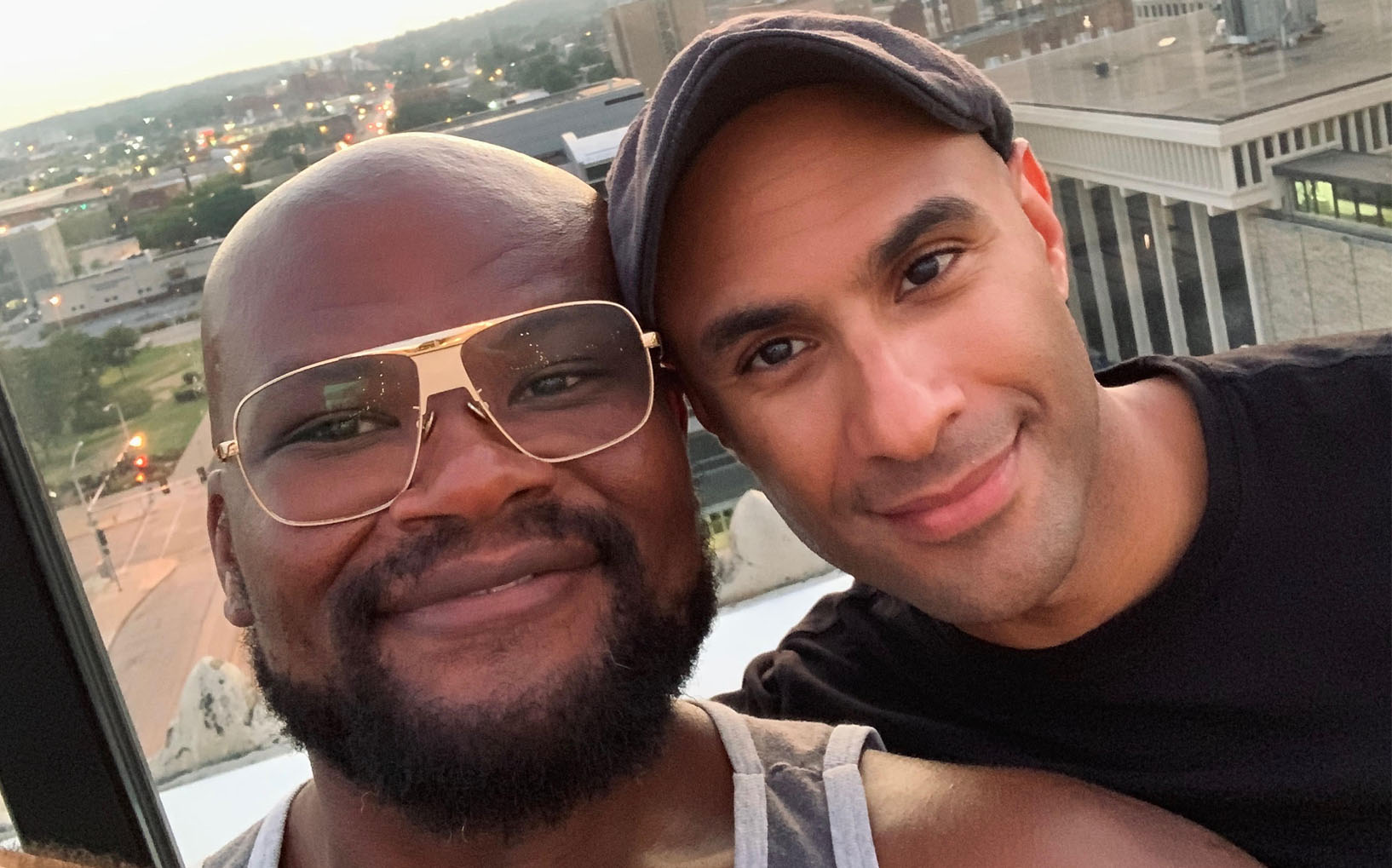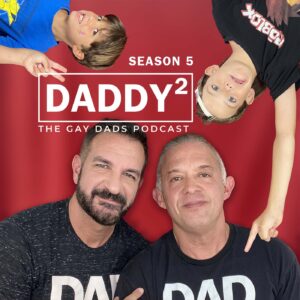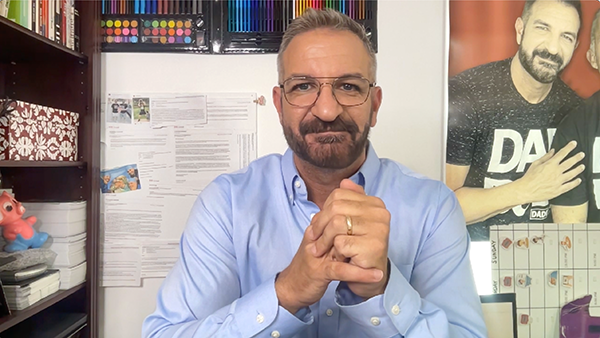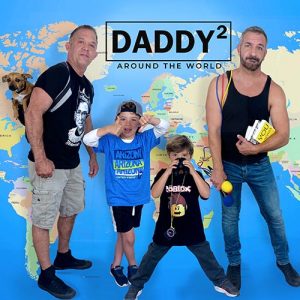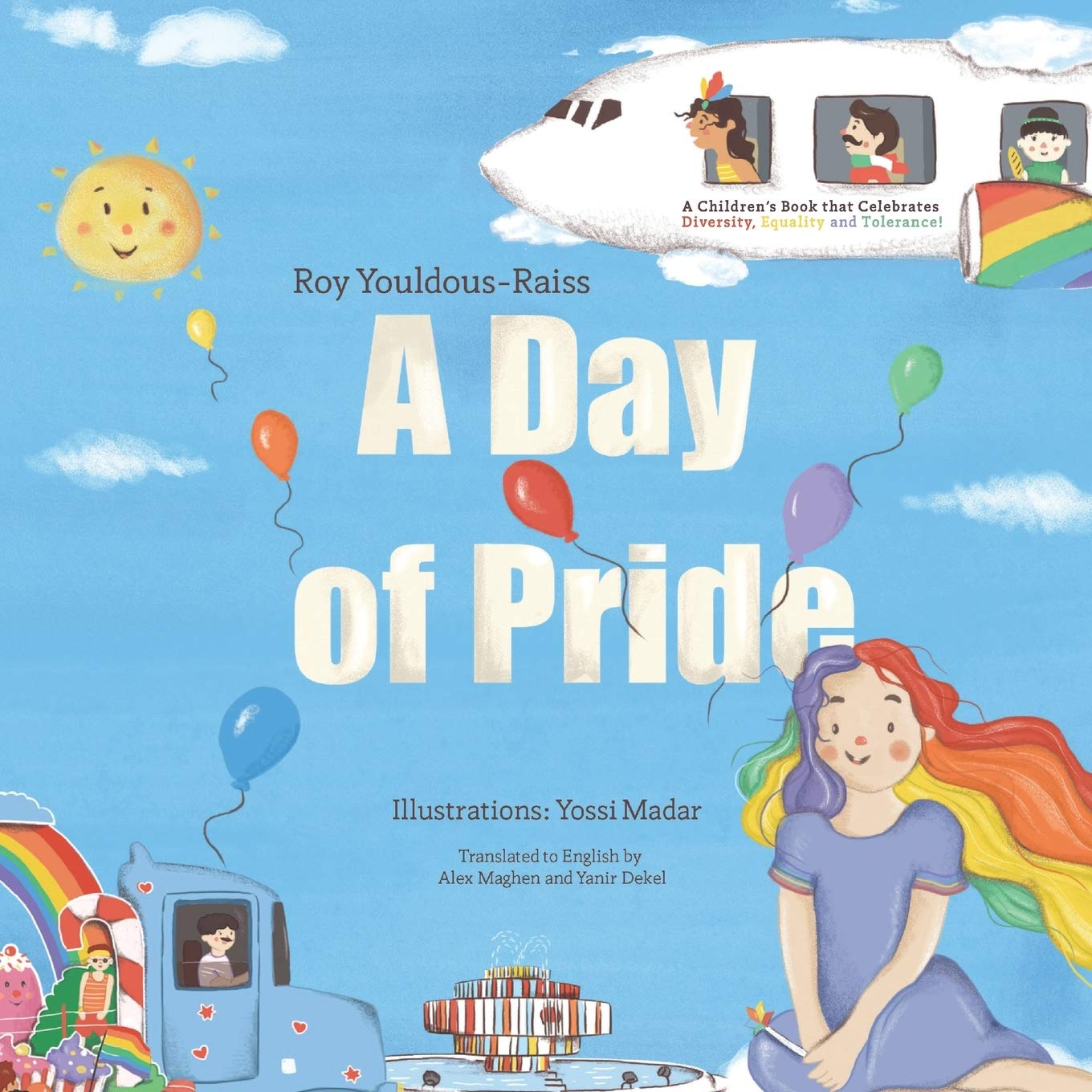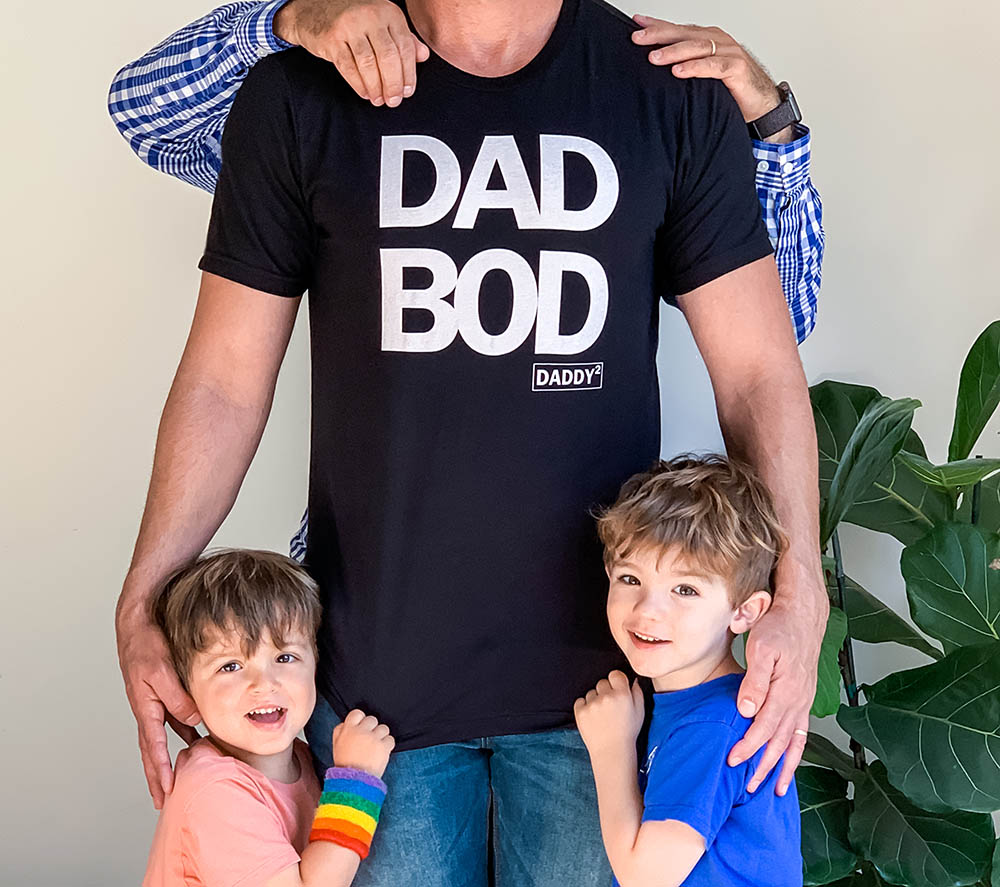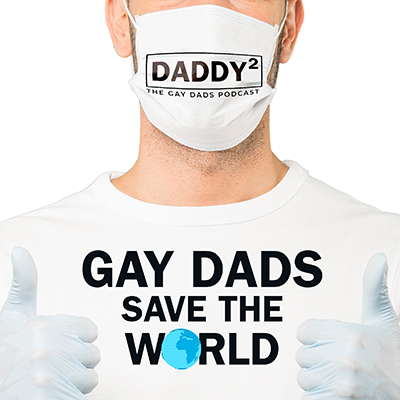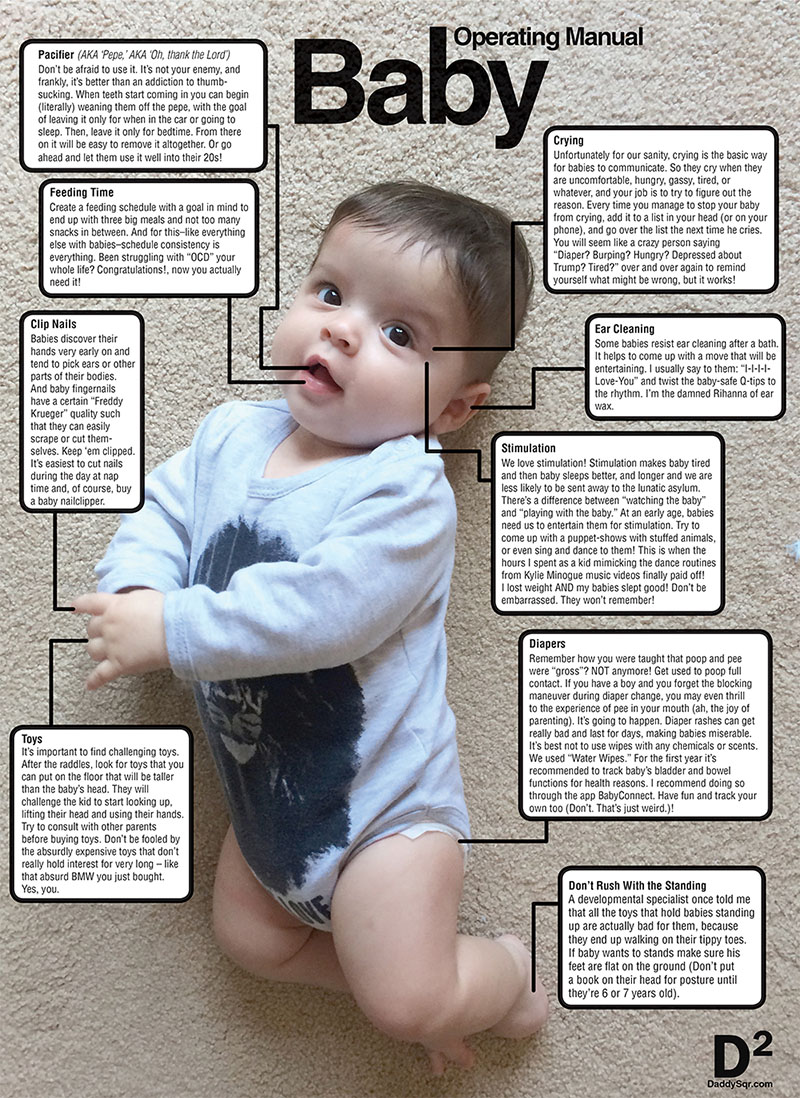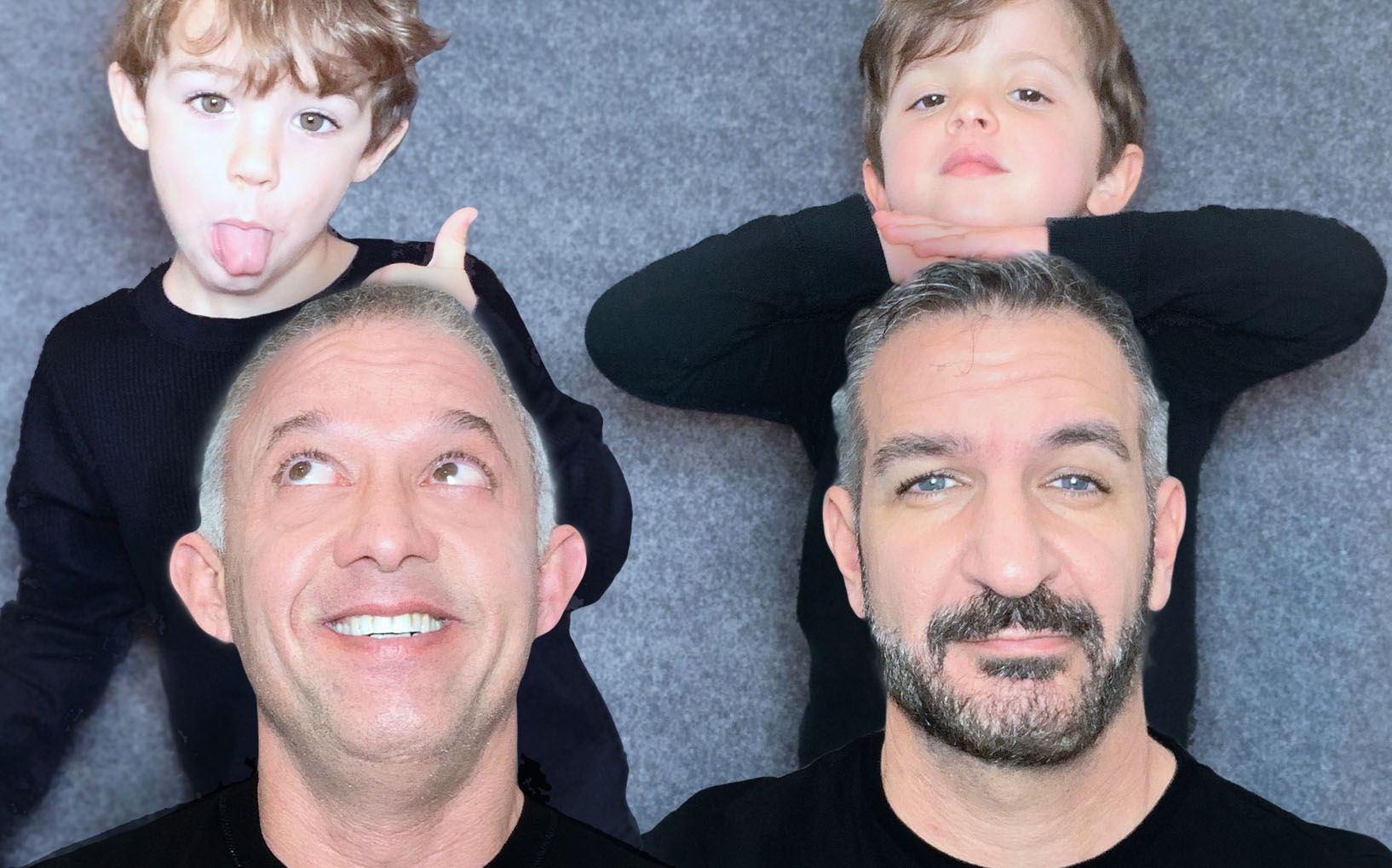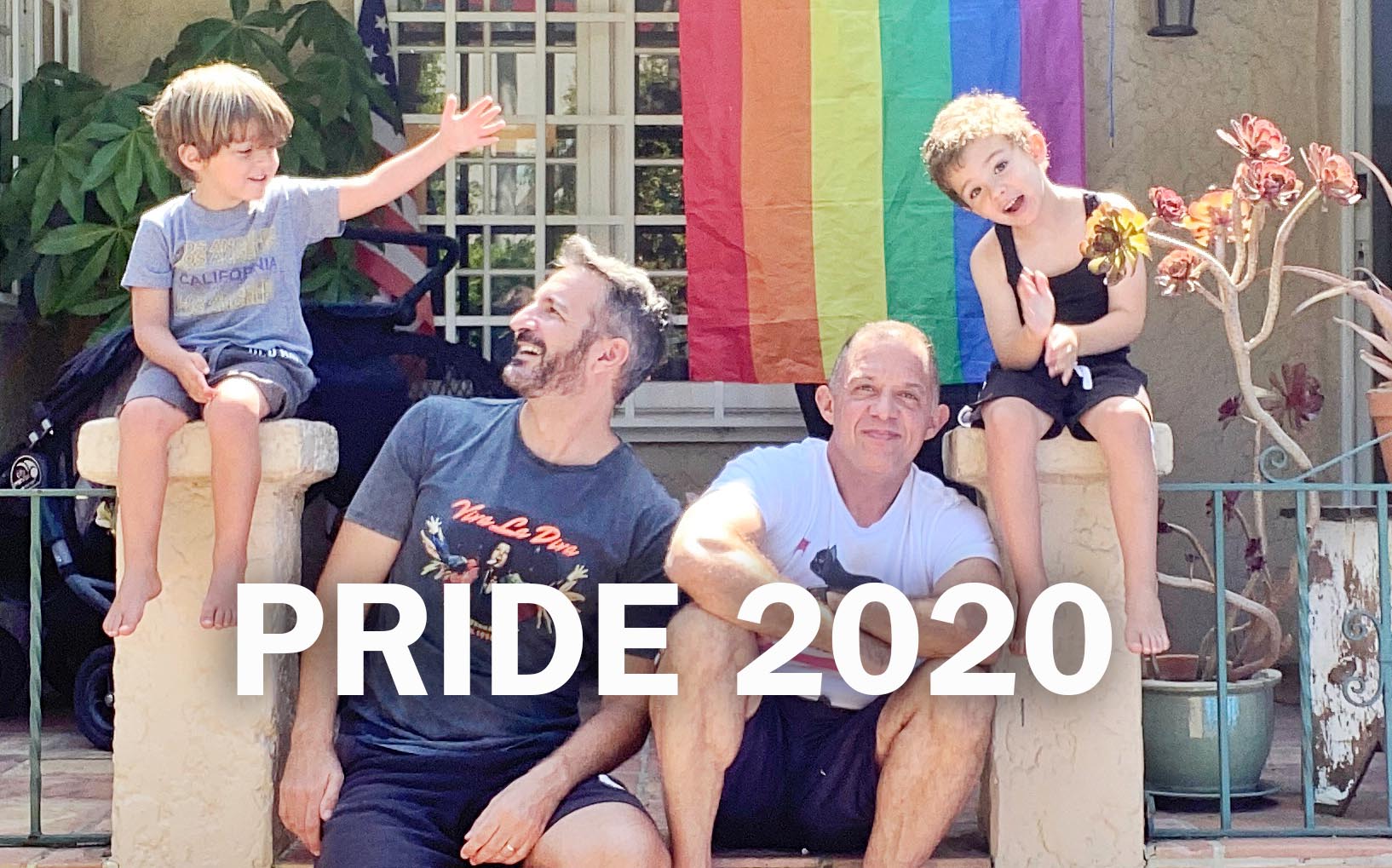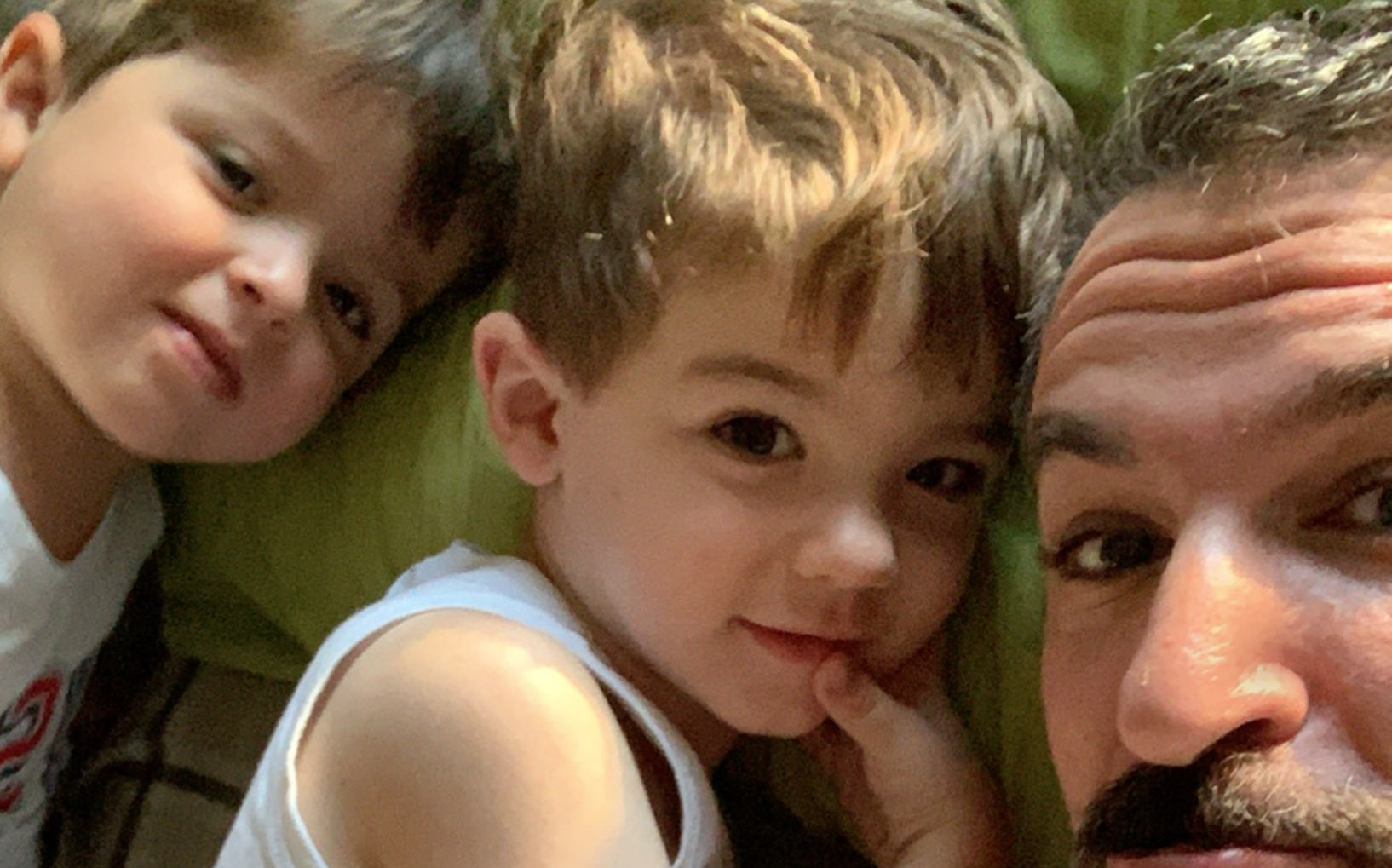Tackling Racial Issues in Surrogacy for Gay Men
Married couple Justin and Didier reflect on their thoughts and the challenges they’ve faced on their surrogacy journey as people of color.
Justin and Didier started researching family-building about 4 years ago. They attended monthly and annual conferences of Men Having Babies in New York, which has been an invaluable resource for them.
“These proved to be immensely helpful for us in terms of clearly spelling out the procedures and covering all the legal, medical, emotional and psychological components of taking on something like this,” says Didier. “But much like any other system in this country (and others) I think a space needs to be made here to discuss how and when race enters an already complex process.”
Some questions and concerns that they faced included working specifically with a black surrogate or egg donor as well as uncomfortable conversations with potential surrogates about race or politics.
“The relationship between Intended Parents and Surrogates is such an intimate one and a strong case can absolutely be made for allowing that relationship to develop organically, but I think we can do a better job of unpacking some of the biases and predeterminations that the process is vulnerable to,” Didier says.
When they began the process, Justin and Didier quickly realized the ways in which these questions seemed to be left out of the surrogacy process. With so many other aspects of this process so specifically spelled out, race and ethnicity just seems to be a glaring omission. “If I might hazard a guess, I think this is at least in part because the vast majority or couples who pursue this are not black or brown,” says Didier. “As for my husband and I, we’re both black, I’m Haitian American, Justin is a Biracial black man. Justin’s mom is Iranian and his father is African American. Our bio and chosen families are an incredible mix of people from countries and cultures all over the world and we of course want to reinforce that as a core value for our baby when he/she/they joins our family.
“I can’t help but think about other young black and brown couples going through this process and being faced with a community that, although affirmingly queer, doesn’t quite represent a significant part of who they are. I think when the majority of agencies are white, the majority of surrogates are white, and the majority of egg donors are white, for a black couple you start to wonder if this a process that is built with you in mind. We searched through lengthy and well populated databases of several different Egg Donor agencies, and IVF clinics and we often found there was only a very small pool of black or biracial egg donors and surrogates to choose from.”
Do you face any prejudice?
“This is a complicated question. I won’t say we faced prejudice but we had some difficulty. I think even with well-meaning providers and agencies, some assumptions are made in this process and they become most glaring when you’re a black or brown couple. I think even for us one of the assumptions we ourselves made was that inevitably this process would require a certain progressive political disposition and we found out, in a rather uncomfortable way, that that isn’t always the case.
Different agencies are in different countries and of course even different parts of this country, and even though we’re discussing queer family planning, I think when you’re a person of color going through this process you become glaringly aware of the ways that even this process is vulnerable to repeating problematic racial dynamics.
Didier’s family immigrated to America from Port-au-prince Haiti when he was six years old. “Everyone else in our family still has pronounced accents but I think because I was so young, I shed mine rather quickly. For this reason, I don’t think I struggle with people taking me less seriously because of an accent.
However, I do think that the intersecting cultural systems that govern gender, race, and national identity make mine and my husbands’ experience quite a bit more complex. I think for many people involved in various parts of the surrogacy process, the logistics of surrogacy alone are so complex, so daunting, so involved that they are unable (maybe in some cases unwilling) to also make space for how Race permeates even this sector of America life. The cost of surrogacy alone filters out a great bulk of the population. I think our community has to be careful that we aren’t inadvertently creating a process and a system that is built for wealthy white people.”

